In the world of professional cycling, where the glory and fame of the winners are often the focus, there’s a group of athletes whose sacrifices go unnoticed. Domestiques play a crucial role in the success of their teams. From leading the pace to protecting their team leaders, they are kind of the unsung heroes of the cycling world!
But what does the life of a domestique really look like? Let’s explore the challenges and rewards of this unique team role in cycling.
Embed from Getty ImagesWhat is a domestique?
Have you ever watched the Tour de France and wondered about the faces at the front of the peloton, setting the pace and shielding the big-name favorites from the wind? Who are these anonymous riders who seem to disappear into the background? They rarely get mentioned in the broadcast commentary, after all.
The term “domestique” originates from the French word meaning “servant” or “helper.” In the context of cycling, it refers to a rider who sacrifices their own ambitions to support their team leader. They set the pace of the race, block the wind, fetch water bottles, and generally protect their leader from attacks. The term first gained international prominence in the early 1900s, meaning it’s been used for a long time.
From the outside, it’s easy to ask: why would anyone choose a cycling career where they’re unlikely to get their own wins, or even stand on the podium? Being a domestique may seem tiring, self-sacrificing, and devoid of recognition. That’s because on face value… it is.
But despite the lack of individual glory, many domestiques love cycling and truly want to contribute to their team’s success. Because they’re content to play a supporting role, they might find fulfillment in helping their team leaders achieve their goals instead of chasing their own. Besides, some domestiques make their way into a winner’s role in time — and the skills they learned fetching water bottles are invaluable at the leadership level, too.
And without domestiques, modern cycling as we know it wouldn’t exist. Why is this? Let’s talk about what domestiques do — and don’t do — in every race.
Embed from Getty ImagesThe challenging life of a cycling domestique.
Domestiques have an exhausting and often thankless life.
After all, riding at the front of the peloton to protect the team leader requires immense endurance and strength. These riders face constant headwinds, significantly increasing their workload. They also have to be alert and reactive, dodging obstacles and anticipating the movements of other riders behind and beside them.
What is the goal of this? By pushing the pace on the flats, domestiques tire out the competition. They know the pace their leader is comfortable riding, and that means they can ride fast enough to drop weaker members of the bunch. In a sprint stage, this allows for formation of a reduced bunch in the final sprint. As the domestiques drop members of the peloton, they reduce the competition for their sprint star in the final reduced bunch sprint.
What about when it gets a little steeper? Once the peloton reaches the mountains, the work of the domestiques has just begun. Climbing domestiques also play a crucial role in pace setting on big climbs, helping to drop competitors. By riding at a demanding pace, they can force weaker riders to struggle and eventually drop from the group. Unlike with the reduced bunch, they will easily drop almost all of the sprinters and rouleurs, who may form a grupetto at the back of the race.
Domestiques can also launch surprise attacks at critical points in the climb, such as steep sections or just before a descent. This can disrupt the rhythm of other riders and cause them to lose contact. Climbing domestiques may also slow down slightly to trick the other leaders and allow their own team leader to recover before the finish.
The mental role of a domestique can also be difficult. The disappointment of not achieving individual success can sometimes take a toll on a domestique’s psychological well-being — especially if domestique work wasn’t what they envisioned for their own career. The disappointment of not realizing their own potential can lead to feelings of frustration, doubt, and even burnout. Couple that with the exhausting nature of endurance sport, and you’ll understand why it takes so much dedication, resilience, and sense of purpose to be a good domestique.
Read more: In the mood for a documentary? Here are 7 great ones to check out before the cycling season begins!
Embed from Getty ImagesTypes of domestiques: how each plays a role in the function of a team.
Like the climbing domestiques mentioned above, there are some other specialized types of domestiques. Each one plays their own role in a race. These include road captains, stage hunters, and the cream of the crop — the superdomestiques.
Read more: Learn more about rider specializations and how they each contribute to team strategy.
★ Road captains provide additional leadership and support within the team structure.
The road captain is a rider who takes on additional leadership responsibilities within a team. They are typically older, more experienced cyclists with a deep understanding of the sport and its tactics.
What do road captains do? They are responsible for guiding the team’s strategy during races, making decisions about positioning, pace, and attacks. They use radio communication or hand signals to convey information to their teammates, such as upcoming attacks, changes in tactics, or potential hazards. The road captain is also responsible for keeping the team motivated and focused, especially during difficult stages or in the face of adversity.
In essence, the road captain is the team’s on-course leader. They have to make crucial decisions when the time is right. Their role is often overlooked, but it is essential to the performance of a team overall!
Embed from Getty Images★ Stage hunters and domestiques: what’s the difference?
Stage hunters are similar to domestiques, in the sense that neither of them have GC ambitions of their own and may help the team leader according to their strengths on a given stage. But what makes these two positions different within a team?
Domestiques often find themselves in a unique position, where their own personal ambitions must take a backseat to the team’s overall goals. They may have the talent and the desire to win, but they choose to sacrifice their own chances of victory in order to support their team leaders. This selflessness can be both admirable and challenging.
Stage hunters, on the other hand, like to win. While they focus on winning individual stages, domestiques prioritize supporting their team leaders above all else. Unlike domestiques, stage hunters are driven by personal ambition. They want to stand at the top of the podium, even if just for a single stage of a Grand Tour. At the same time, they can be powerful helpers on stages that don’t suit their skills quite as well.
As you can imagine, there are many reasons why a good stage hunter may not be a good domestique, and vice versa! Some stage hunters aren’t good team players and act mostly in their own interests, even when the team leader’s GC aspirations are in jeopardy. This can even be a liability for the team. Just like domestiques, stage hunters have to balance their own goals with what’s best for the team — even if that means missing the breakaway on a key GC stage.
Read more: Learn more about everything road captains, stage hunters, and rouleurs here.
Embed from Getty Images★ But wait… what’s a “superdomestique?”
A superdomestique is an exceptionally skilled and dedicated domestique who acts as a leader in many capacities while working for the team’s goals in others. They often possess exceptional physical ability, tactical awareness, mental toughness, and selflessness. Superdomestiques are invaluable to their teams. Examples of superdomestiques from the past include Greg LeMond, Bernard Hinault, and Tom Boonen.
You might think that any skilled domestique eventually becomes a superdomestique due to experience and skill building over time. But that’s not quite true!
In addition to their primary role as domestiques, superdomestiques are often more versatile than other domestiques and have a range of responsibilities within their teams. For example, they may ride as leaders or co-leaders in one-day races, where their strength and endurance can be valuable assets. Some superdomestiques may also focus on winning some stages in Grand Tours, demonstrating their versatility and exceptional abilities. As you can imagine, an athlete talented enough to be called a superdomestique blurs the lines between roles.
However, it’s important to note that the distinction between superdomestiques and domestiques is not always clear-cut. Some riders may excel in certain aspects of the domestique role but not others, while others may have the potential to become superdomestiques but never choose ti prioritize their own goals in any way. Ultimately, the value of a domestique, whether super or not, lies in their ability to contribute to the success of their team!
Wout van Aert is considered a superdomestique due to his exceptional versatility and ability to excel in multiple roles. While he has become a highly successful stage racer and classic rider in recent years, he originally gained prominence as a domestique for his team, Jumbo-Visma. He excels in sprints, time trials, and one-day classics. This versatility allows him to perform various roles within his team, from leading out sprinters to supporting the team leader in Grand Tours. While it’s true that Van Aert has transitioned to a more prominent leadership role in recent years, his roots as a domestique have undoubtedly shaped his career. His exceptional skills and versatility make him a true superdomestique, a rider who can excel in both supporting and leading his team!
Embed from Getty ImagesWhat happens when a domestique’s role goes wrong?
If a domestique starts to get ahead of the leader in a cycling stage race, it can create a delicate situation. While the domestique’s primary role is to support the leader, there are several potential outcomes depending on the circumstances.
First off, don’t assume that a domestique going up the road alone is trying to upstage their team leader! They may be riding ahead to set a tempo or scout the road ahead for potential hazards. In this case, the team leader may allow the domestique to maintain a lead. If a domestique manages to make it into a breakaway, this can be tactically important for the team. The team director may intervene and give specific instructions to the domestique, either to slow down and leave the breakaway at a certain point, or to continue supporting the leader from the front. This can depend on the team’s overall strategy and the dynamics within the team.
If the domestique is showing signs of wanting to win the stage — or even challenge for the overall lead — the team leader may need to react. The team leader might increase their pace to bring the domestique back in line or even launch an attack to discourage the domestique from pursuing their own ambitions. In some cases, if a domestique starts to outperform the leader, it can create internal conflict within the team.
While it is generally not desirable for a domestique to outshine the leader, there may be times when it is unavoidable.
Sepp Kuss’s unexpected rise to the lead at the 2023 Vuelta a España was an example of what can happen when a domestique’s role gets turned on its head. While initially riding in sole support of his Jumbo-Visma teammates, Kuss capitalized on a opportunity to make it into a breakaway. He consistently performed well in the mountain stages and even in a time trial stage. This presented a quandary for the team and its other two leaders, Jonas Vingegaard and Primoz Roglic. While both of these big names also wanted a shot at the win, it was team management who stepped in and mandated that they work in support of Kuss. His victory was the first Grand Tour victory in a decade for an American rider!
Embed from Getty ImagesWho is the best domestique in the peloton today?
Aside from Wout van Aert and Sepp Kuss, the peloton boasts many talented domestiques who each add to the excitement of every Grand Tour race. But who is the best of all? Thankfully, each team has a few dedicated helpers who make sure the stars of the squad get their chances to shine.
In UAE Team Emirates, Tadej Pogačar’s right hand man Adam Yates excels in the role of a domestique. During Grand Tours, his strong climbing ability, tactical awareness, and selfless attitude make him a valuable asset. However, he can also take a GC leader position in smaller races throughout the year. What makes Yates special? Above anything else, his willingness to sacrifice his own ambitions to support the team’s biggest superstar solidifies his status as a top-tier domestique! His twin brother Simon Yates will also move to a superdomestique role with Team Visma Lease-a-Bike in 2025.
Read more: Memories from La Vuelta, the race that’s never really wrapped up.
Geraint Thomas, as a former Tour de France champion, has transitioned seamlessly out of — and back into — the role of a domestique over his career. As a younger rider, he supported Chris Froome before ultimately moving into a GC leader role on his own. Now, as he gets closer to retirement, he often supports younger riders like Carlos Rodriguez rather than taking his own chances for victory. His experience and tactical acumen are the most important skills he brings to his team, Ineos Grenadiers. During a time of restructuring and upheaval for the squad, Thomas in a domestique role brings a touch of much needed consistency and reliability. We expect this to continue into the 2025 season.
Embed from Getty ImagesFinally, this page wouldn’t be complete without mentioning the man at the front of the peloton in almost every race he lines up for! Tim Declercq is renowned for his exceptional work ethic and ability to control the pace of the race. He is often a road captain within his team due to his experience and leadership qualities. He sets a high pace on flat stages with such consistency that he has become one of the most respected domestiques in the peloton. And that makes a difference for his relatively new team, Lidl-Trek, especially on stages targeted by sprinters like Mads Pedersen. Thanks, Tim!
Embed from Getty ImagesWhat about you? Would you want to be a domestique? Why or why not? Let us know in the comments or on social media! ★

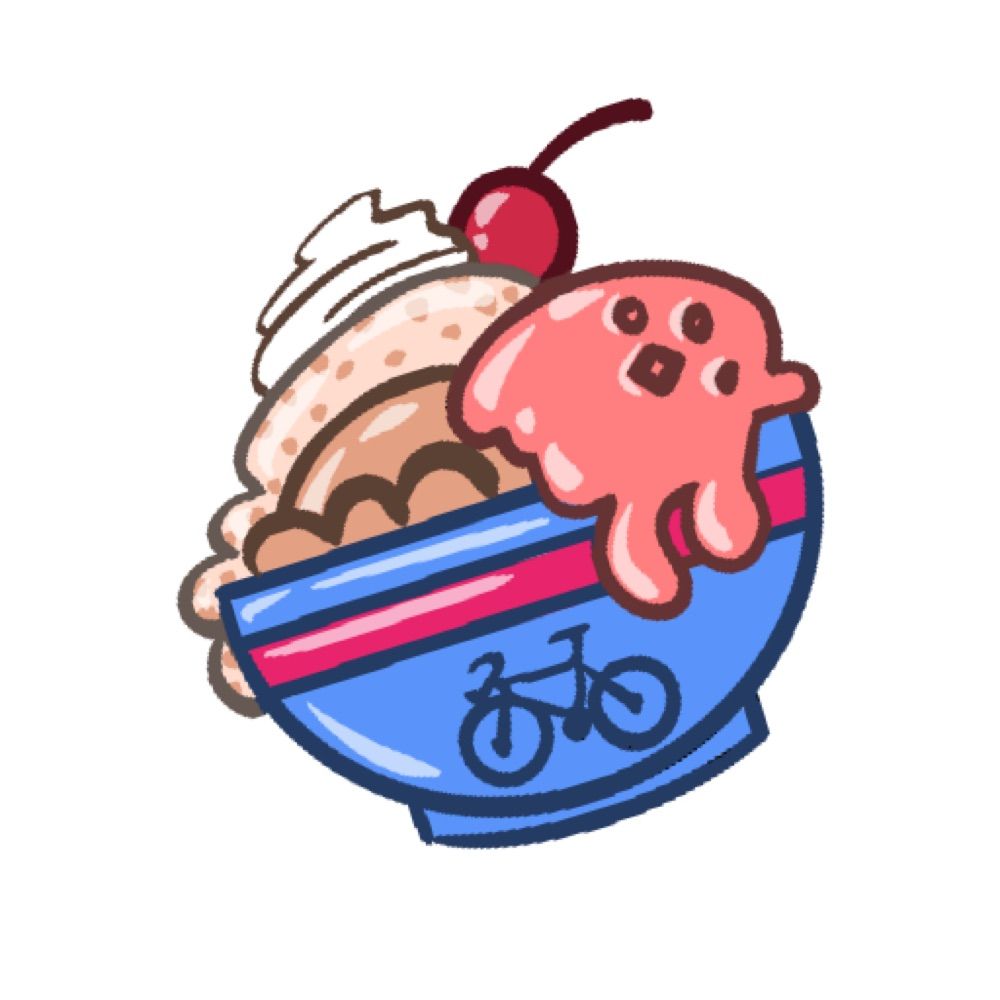
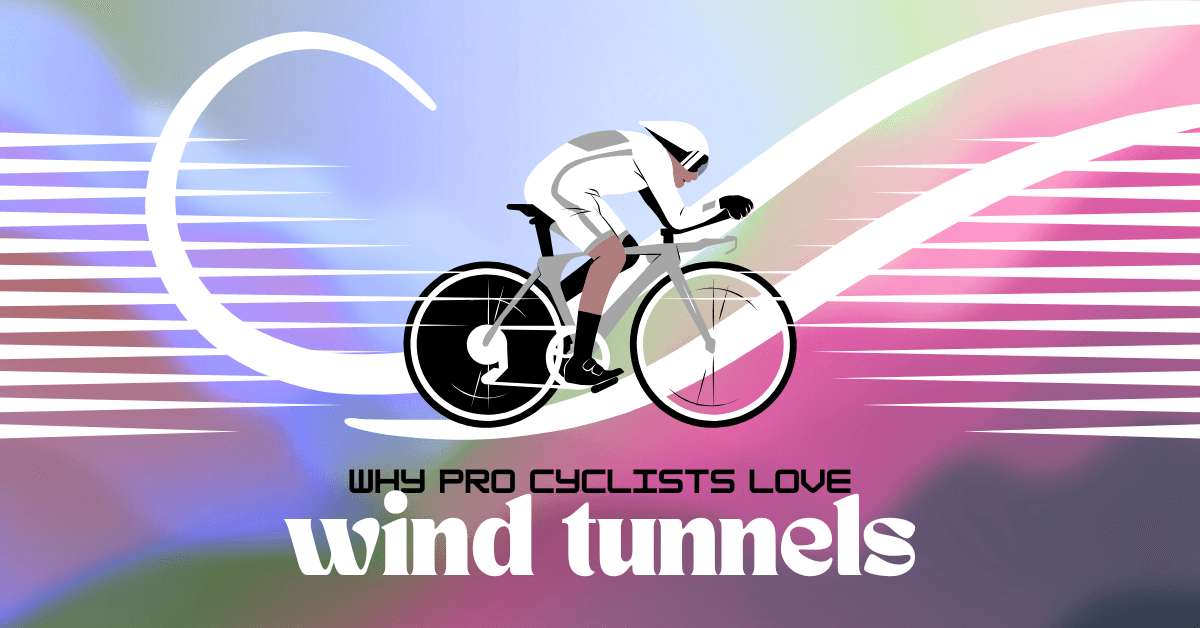
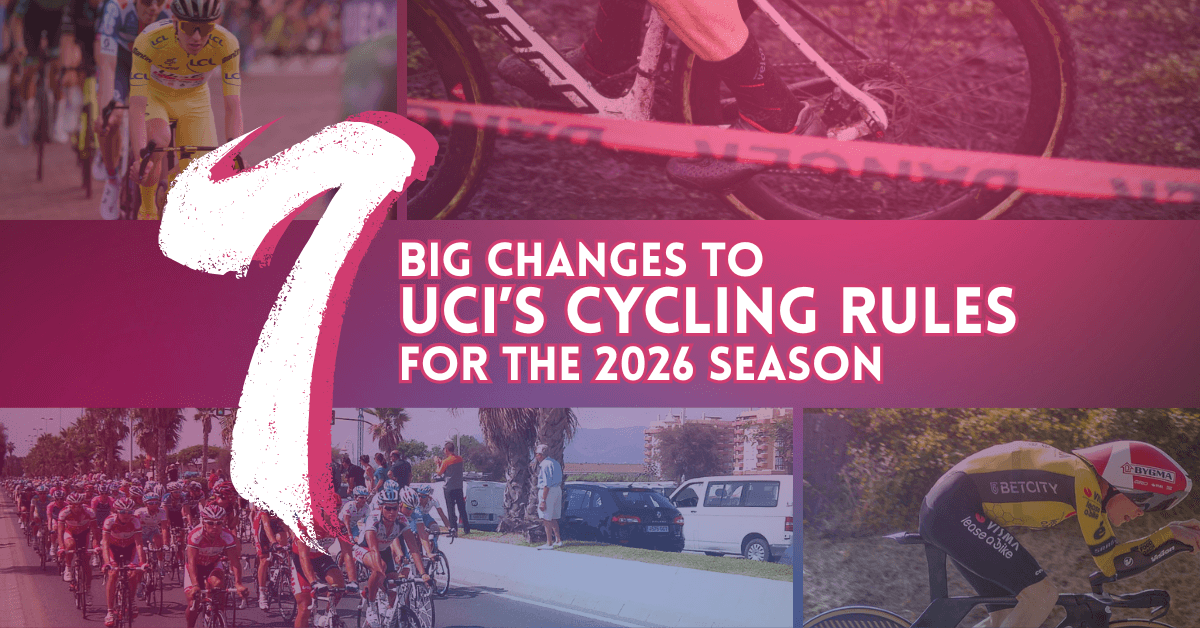
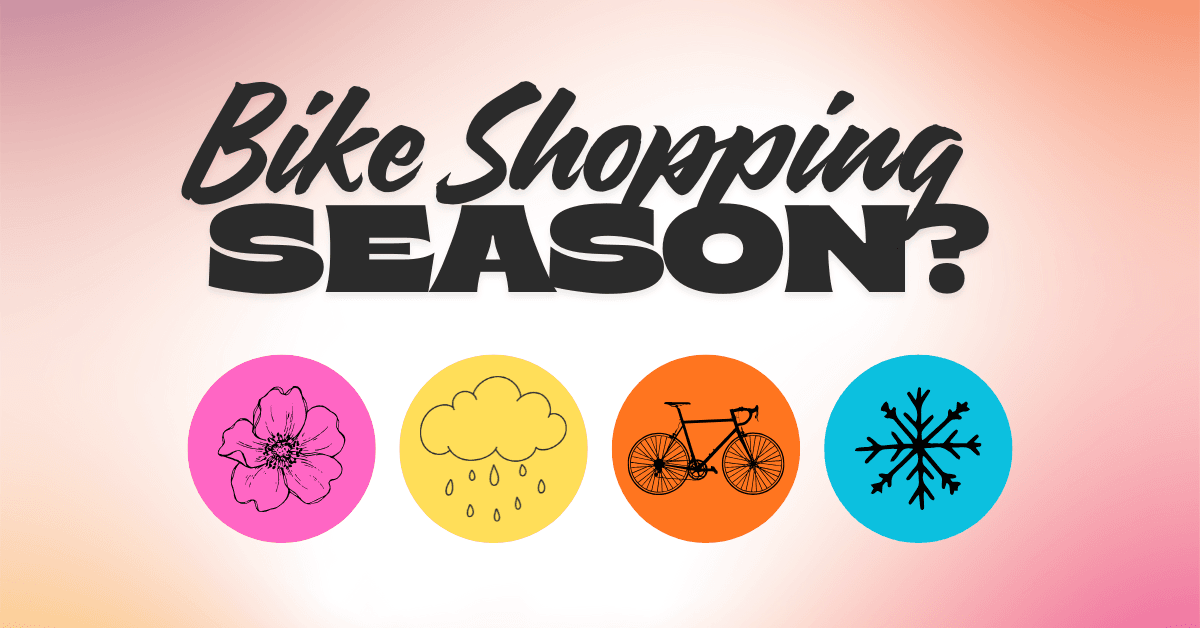


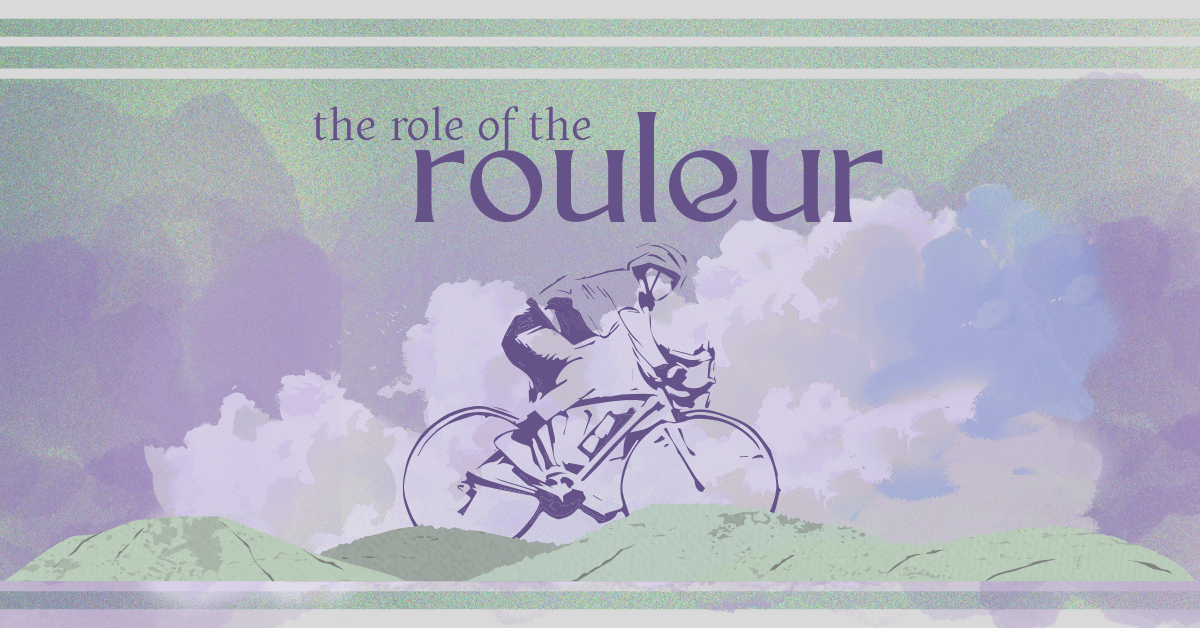


Leave a Reply